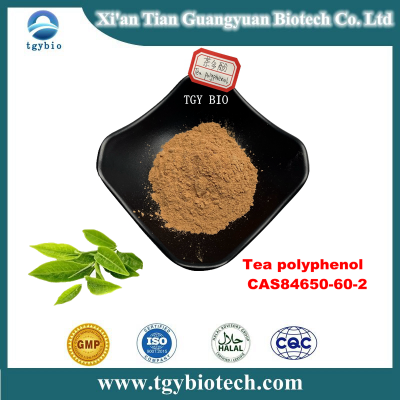European Food Safety Agency reduces the acceptable daily intake of amaranth
-
Last Update: 2010-09-01
-
Source: Internet
-
Author: User
Search more information of high quality chemicals, good prices and reliable suppliers, visit
www.echemi.com
After reevaluating the scientific data on the safety of amaranth, the European Food Safety Agency (EFSA) has formulated a new standard of lower acceptable daily intake (ADI), and proposed to set new specific indicators Amaranth (E123), a red azo colorant, is commonly used in fish seed products and appetizers The United States banned the use of ADI in 1976, but the United FAO and the World Health Organization (who) previously set the body weight of 0-0.5mg/kg per day The European Food Science Council (SCF) set the ADI value at 0-0.8mg/kg of body weight per day EFSA now reduces ADI to 0-0.015 mg / kg, and the decision is most likely to affect manufacturers of red appetizers EFSA's decision to reduce amaranth ADI was based on several studies of reproductive or developmental toxicity of the colorant and a two-year study of renal calcification and hyperplasia in mice Other studies on genotoxicity, carcinogenicity and sulfonated amines formation have not found significant problems EFSA believes that low levels of ADI are not a problem for children, even in countries that regularly eat fish seeds Even if the highest proportion is calculated, the consumption of 4-14-year-old children is only about 1 / 30 of ADI But for adults, it's different People who drink the most aperitif and cocktails may exceed 6% of ADI For the reevaluation of amaranth as a food additive by the scientific expert group on food additives and nutrition sources (ANS) of EFSA, please refer to: http://
This article is an English version of an article which is originally in the Chinese language on echemi.com and is provided for information purposes only.
This website makes no representation or warranty of any kind, either expressed or implied, as to the accuracy, completeness ownership or reliability of
the article or any translations thereof. If you have any concerns or complaints relating to the article, please send an email, providing a detailed
description of the concern or complaint, to
service@echemi.com. A staff member will contact you within 5 working days. Once verified, infringing content
will be removed immediately.







